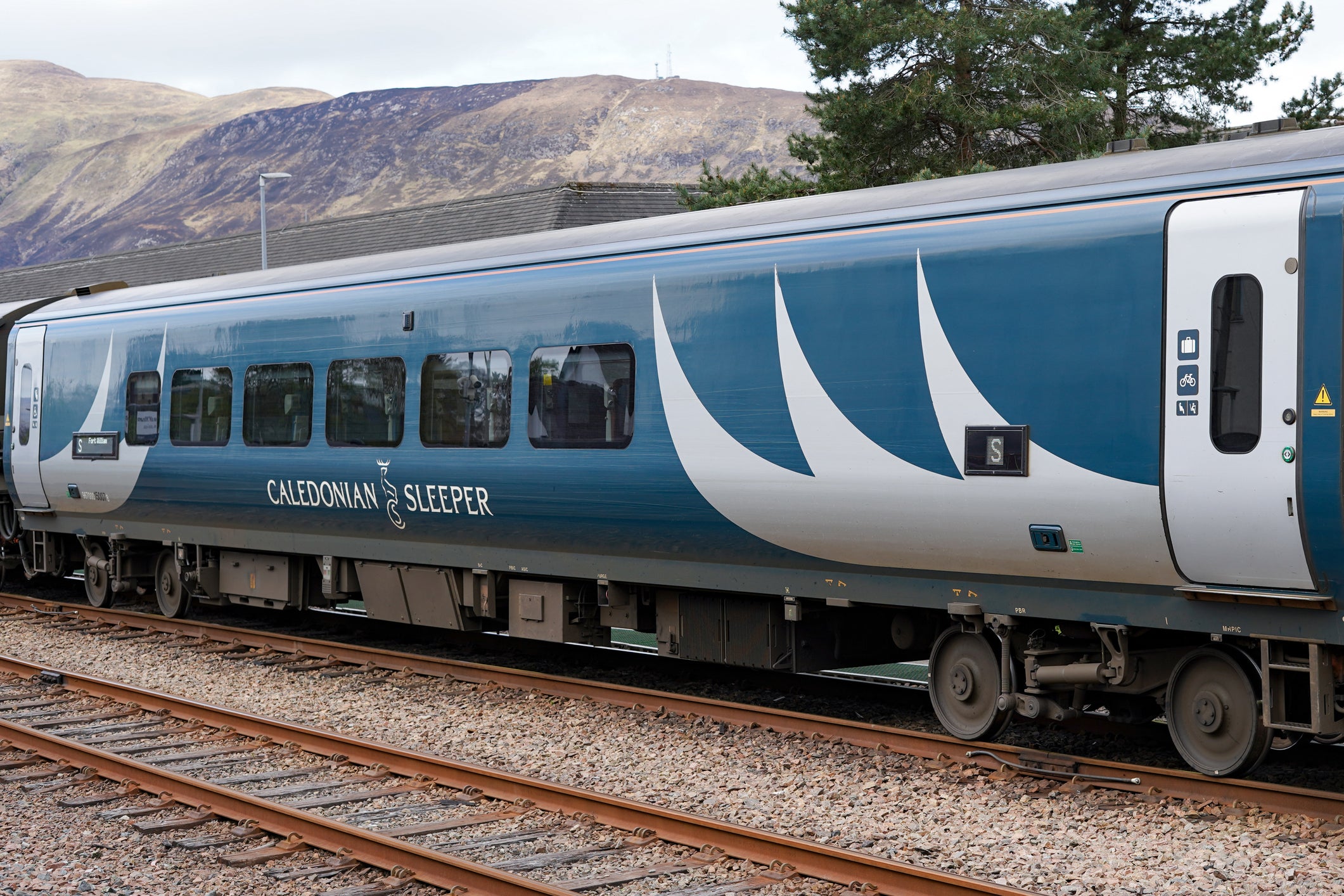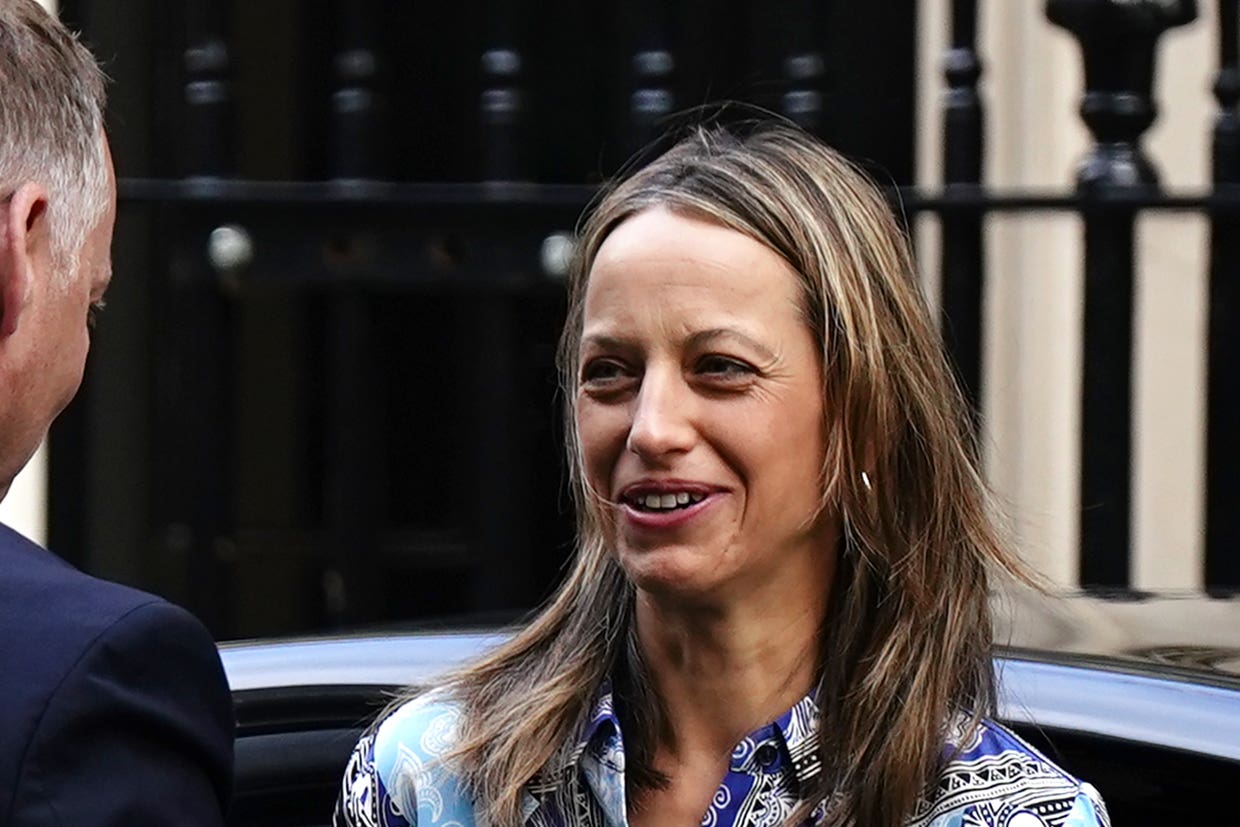Rail nationalisation takes a step closer under Starmer’s first major public reform in Commons victory
The Passenger Railway Services (Public Ownership) Bill has become the first major reform to clear the Commons since Labour was elected in July

The first major reform to public services by Keir Starmer’s government has passed all stages in the Commons less than two months after voters installed him into Downing Street.
The historic Passenger Railway Services (Public Ownership) Bill passed its third reading in Commons as the first step in renationalising Britain’s railways.
It came as the shadow Great British Railways was also set up in preparation for running the new publicly owned service.
The Tories have accused Labour of putting ideology before value for money but the speed with which the Bill has been passed through has intentionally been a sign to the left that Starmer’s government has a socialist agenda.

Transport Secretary Louise Haigh said: “Today, I am firing the starting gun on the biggest reforms to our railways in a generation. I am determined to end the chaos, delay and disruption faced by people on train journeys every day.
“Establishing shadow Great British Railways marks a significant step towards delivering a unified railway with passengers at its heart by bringing together track and train, and by progressing the Passenger Railways Services Bill we’re one step closer to public ownership which will help put our railways back on track.
“This Government will direct every penny into creating a stronger, more reliable rail network that works for everyone.
“This is about making the railways work for the people that use them – putting passengers first and driving up performance.”

The Tories had also planned to set up a Great British Rail had they won power again but as a body to work with the private sector.
Shadow transport secretary Helen Whately had accused Labour of putting leftwing dogma before practical solutions.
After the votes she said: “Today in Parliament Labour voted against rail passengers (and rural passengers specifically) and a pay review body to help them resist union pay demands.
“While we’re on the side of passengers and taxpayers they’re stuck under the thumb of their union paymasters.”
She was further angered when transport minister Simon Lightwood announced that the government is exploring the option of a pay review body for public sector rail workers to end the overcomplicated pay review system after a number of strikes on the network.
The Bill cleared the House of Commons on Tuesday and will go to the House of Lords for further examination.
Join our commenting forum
Join thought-provoking conversations, follow other Independent readers and see their replies
Comments
Bookmark popover
Removed from bookmarks